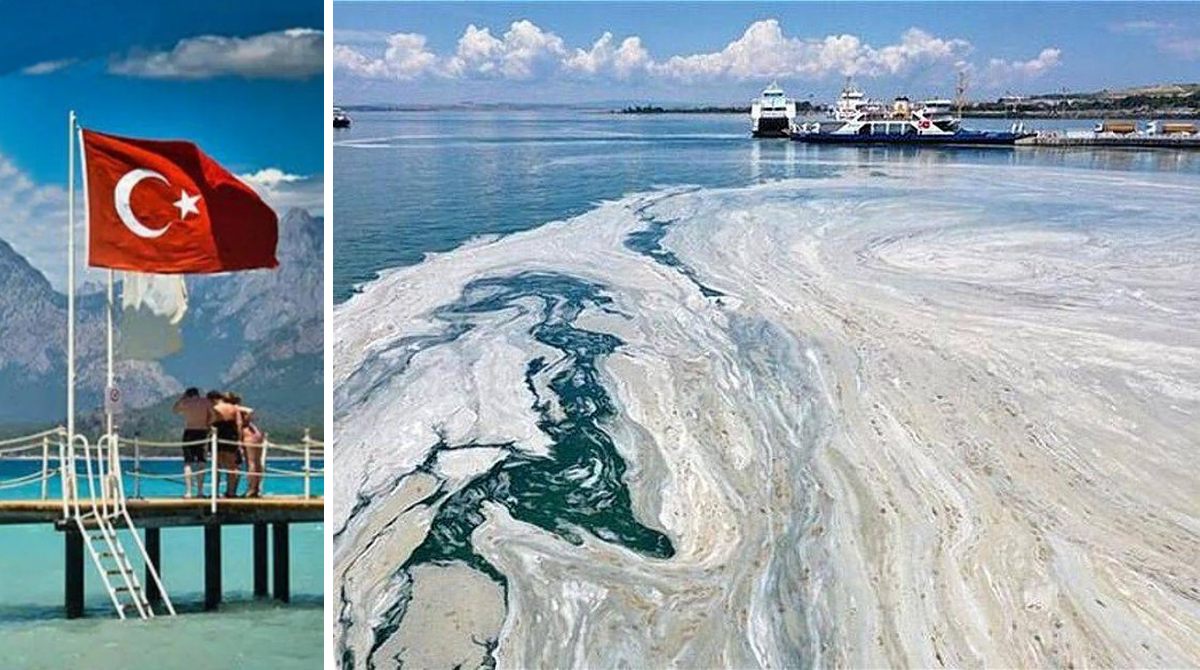Incredibly popular among Europeans, the tourist province of Antalya risks another blow, this time environmental. Widespread urbanization and wastewater are causing pollution, and combined with rising sea temperatures, the threat of a constant presence of dangerous slime on the Mediterranean coast is approaching faster than ever. According to experts, every year the spread of so-called sea nozzles becomes more widespread. If events develop at the same rate, after a while the beaches of Antalya will be empty, as tourists will not be able to go to sea.
The head of the Antalya branch of the Chamber of Geological Engineers (JMO), Bajram Ali Celtic, told Sozcu that environmental pollution caused by climate change and the ever-increasing population of the resort town is flowing into the sea from rivers, deteriorating the marine ecosystem. According to the expert, there is a high probability of mucus formation in the Mediterranean if precautions are not taken.
Here is his comment: “We saw slime in the Sea of Marmara last year. When we ask about the reasons for this, we have to look at what has been happening over the past 20-30 years. The mucus is phytoplankton, algae bloom is caused by disruption of the ecosystem and the environment in the sea. There are several reasons for this.
Sea pollution. Because of this, living beings suffer, now they are unable to eat each other. Looking at Marmara (an island in the western part of the Sea of Marmara), we can say that we were a little lucky in Antalya. Antalya is almost a small village. But the numbers show that in 30 years the population will double and there will be big problems.”
In recent years, rivers, lakes, and streams of Antalya flow waste, including sewage. All this leads to catastrophic consequences: mucus grows, and fish and other aquatic representatives die en masse. Water changes color, composition, and temperature. This destroys the ecosystem. The problem is that mucus is not something that can be removed quickly under the right conditions. It floats not only on the surface but also penetrates to a depth of 30 meters.
As for the temperature rise, experts have previously said that it rises every 150 thousand years, but now they believe that the “step” has decreased and it is about warming once every 150 years. Then – worse. Environmentalists predict that shortly the thermometer will rise every 20-30 years. “When we combine all these reasons, it is almost inevitable that in the coming periods in the Mediterranean will appear such mucus,” – concluded the expert. For beach tourism, such a future will be difficult.

